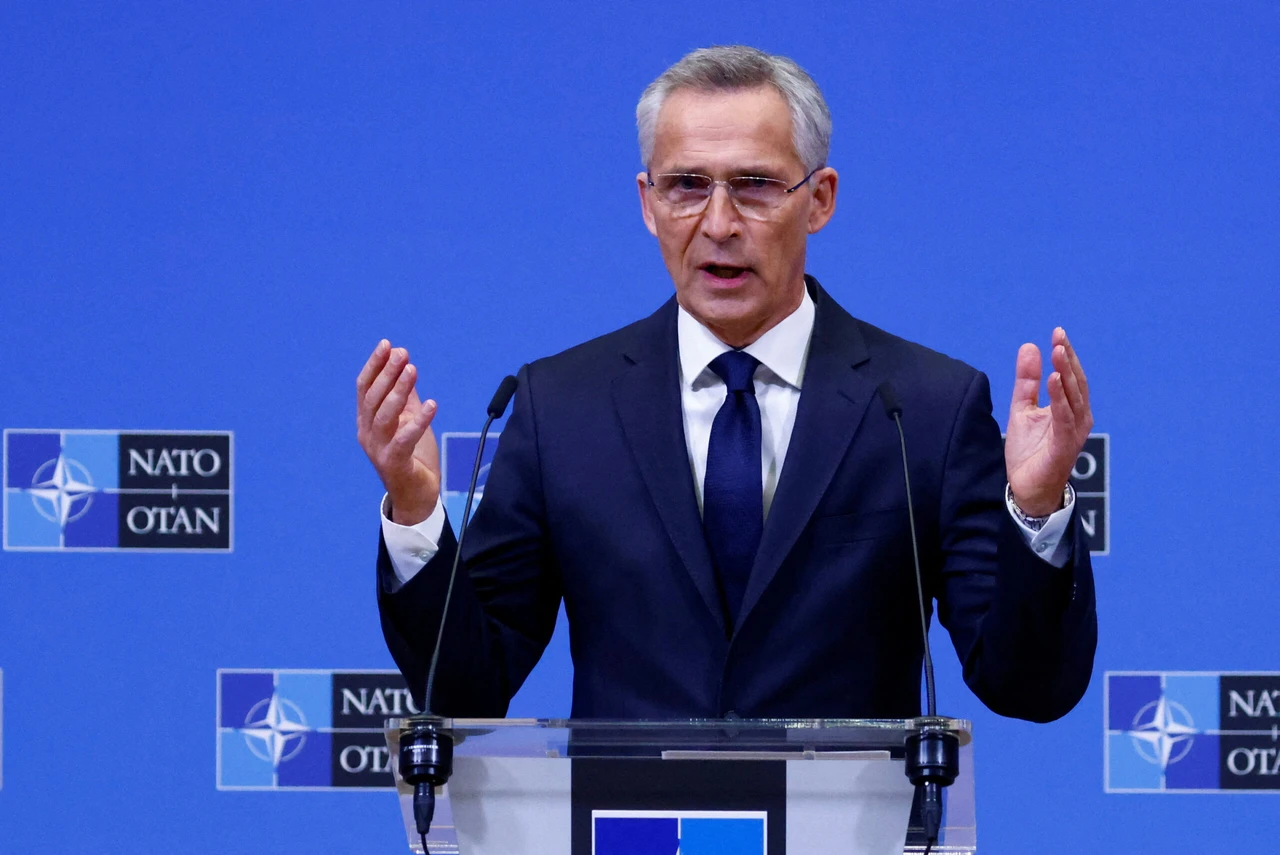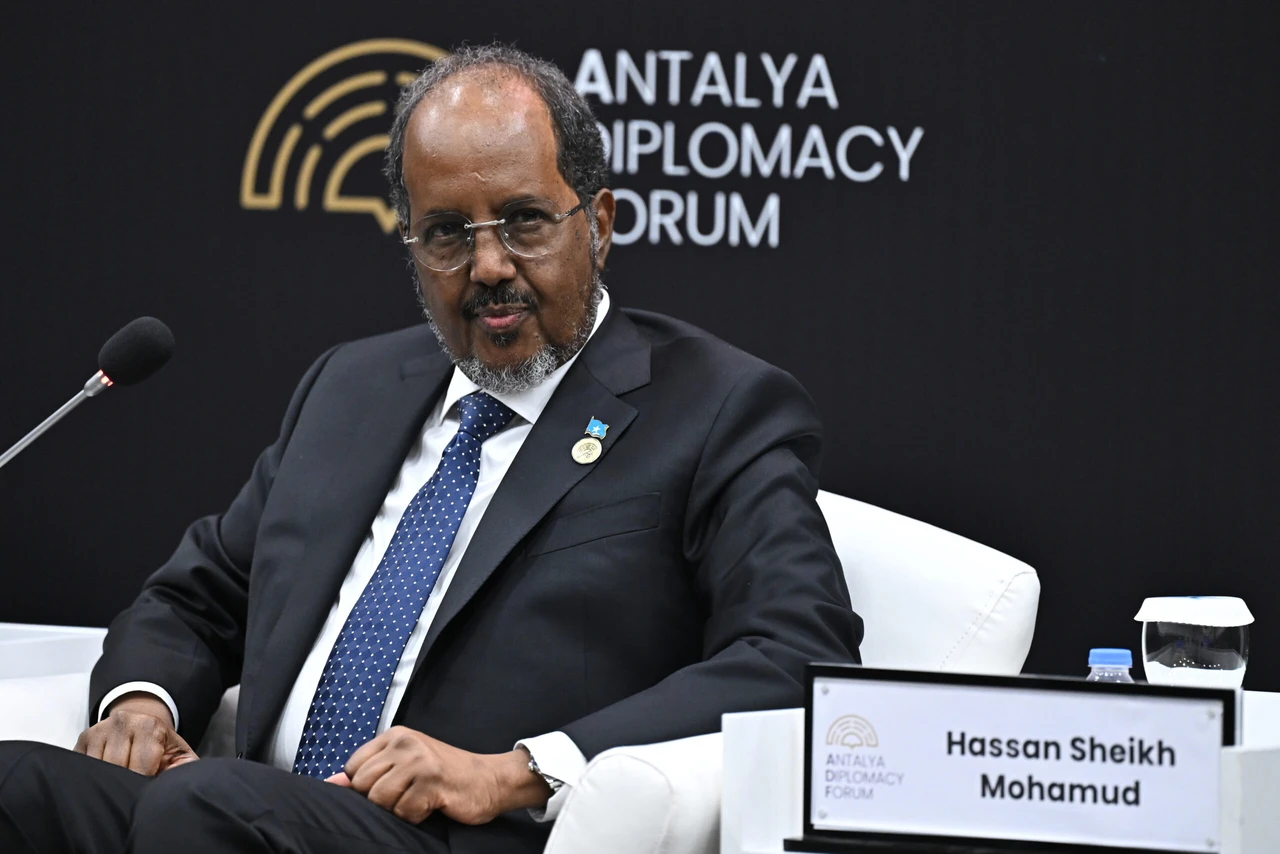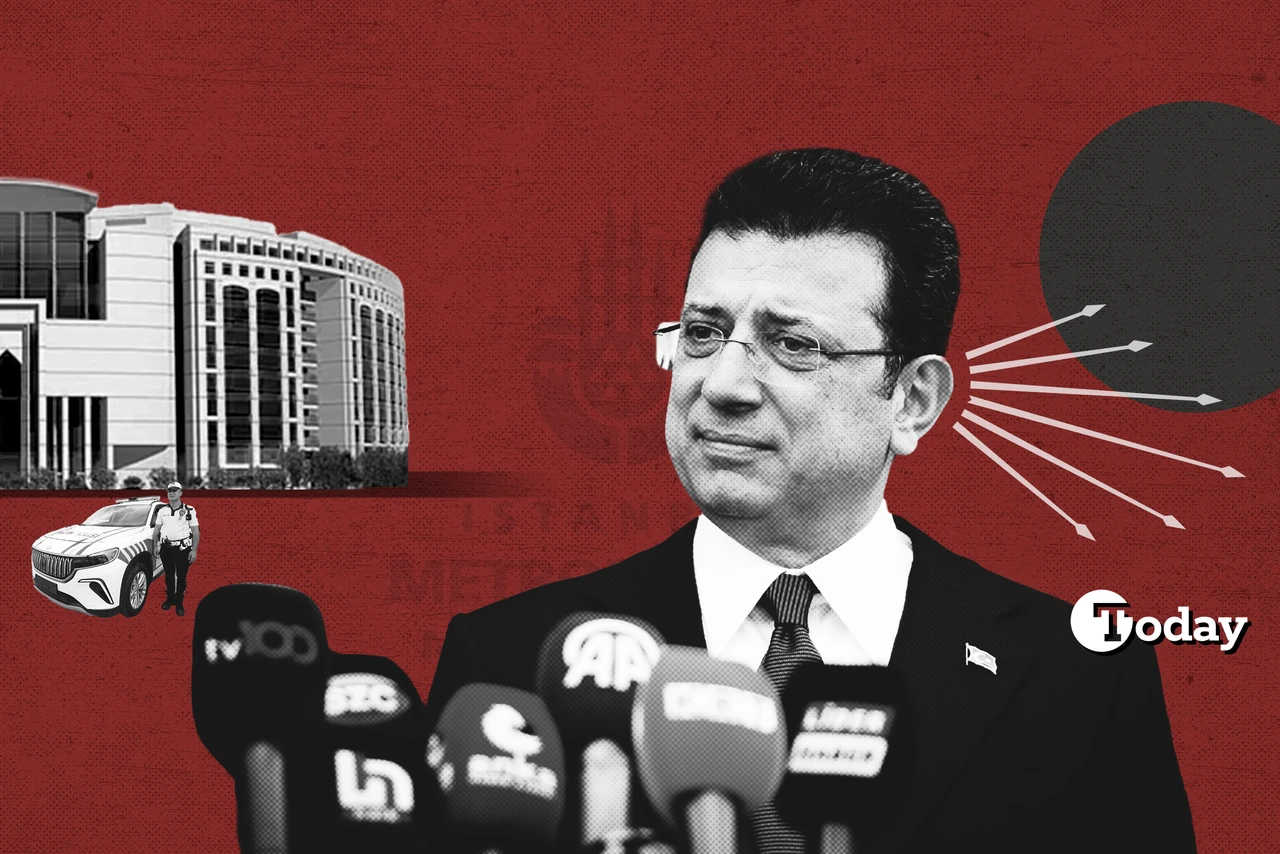EU ‘not safe’ without Türkiye, says NATO Chief Stoltenberg
 NATO Secretary General Jens Stoltenberg holds a news conference at the alliance's headquarters in Brussels, Belgium November 16, 2022. (Reuters Photo)
NATO Secretary General Jens Stoltenberg holds a news conference at the alliance's headquarters in Brussels, Belgium November 16, 2022. (Reuters Photo)
Outgoing NATO Secretary General Jens Stoltenberg, in his farewell speech, emphasized Türkiye’s importance to the alliance’s overall security, warning that the United States and Europe cannot afford to overlook the country’s strategic role. Stoltenberg, who has led NATO for the past decade, is set to hand over his position to former Dutch Prime Minister Mark Rutte on October 1.
“We are not safe without Türkiye,” Stoltenberg said, highlighting Türkiye’s critical geographical and military position. He pointed to key moments during his tenure, including Russia’s annexation of Crimea in 2014, the rise of ISIS, the ongoing Russia-Ukraine war, and increasing competition with China. Stoltenberg argued that without Türkiye, ensuring security in Europe would be impossible, given the country’s strategic location to the south.
In his speech, Stoltenberg outlined the challenges that have shaped his leadership of NATO, calling for continued cooperation among allies and a renewed focus on defense spending, warning that even the current target of allocating 2% of GDP to defense may no longer be sufficient.
Stoltenberg also warned against rising calls for isolationism on both sides of the Atlantic. In the face of an increasingly interconnected world, he noted that “isolationism will not keep anyone safe” and urged both the United States and Europe to maintain their long-standing cooperation.
Stoltenberg’s comments came as concerns grow among U.S. allies that former President Donald Trump’s potential return to the White House could undermine NATO. Trump had previously threatened to reduce U.S. support for NATO members that failed to meet defense spending targets.
Türkiye’s role in NATO and defense spending
While Stoltenberg acknowledged that many NATO members have met the 2% GDP defense spending target, he stressed that more will be required in the coming years. Reflecting on Türkiye’s vital position, he said, “It is impossible to ensure the security of the European continent without Türkiye to the south, Norway to the north, and the U.S., Canada, and the U.K. to the west,” underscoring Türkiye’s importance in maintaining security on the European continent.
Stoltenberg highlighted that military strength remains essential for successful diplomacy and argued that providing additional military aid to Ukraine could help force Russian President Vladimir Putin to alter his course in the ongoing war.
Future peace talks and NATO’s door for Ukraine
Stoltenberg noted that Russia must be included in any future peace negotiations but stressed that such agreements must be backed by robust security guarantees for Ukraine. He reiterated NATO’s open-door policy, declaring, “NATO’s door is open. Ukraine will join,” affirming that Ukraine’s membership is key to its long-term security.
As Stoltenberg steps down after 10 years of guiding NATO through some of its most turbulent periods, he leaves his successor, Mark Rutte, with the task of continuing the alliance’s defense efforts amid global instability, where Türkiye is set to remain a cornerstone.



